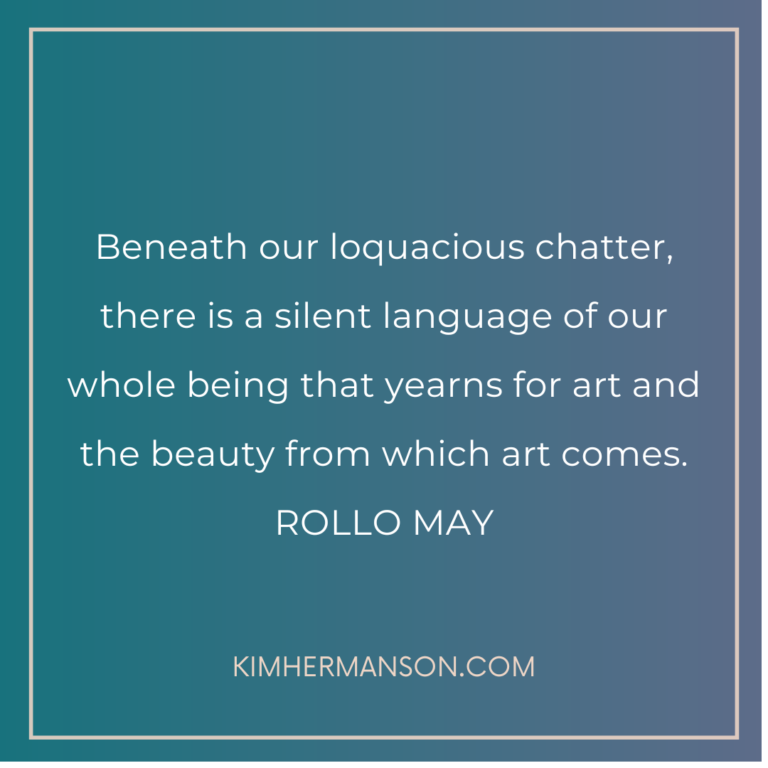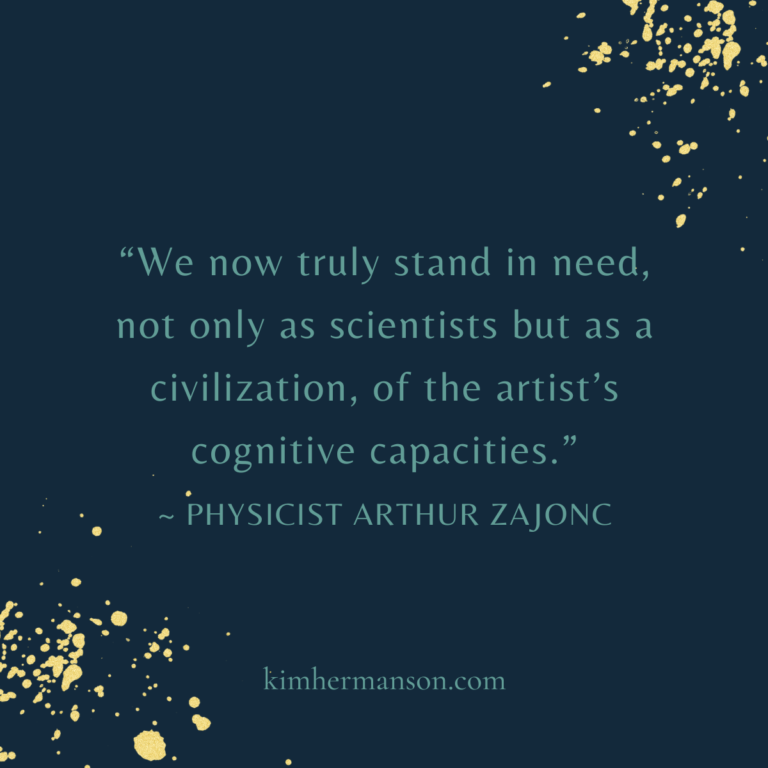Embracing heart intelligence: Lessons from Evolution’s End by Joseph Chilton Pearce

In his book Evolution’s End, Joseph Chilton Pearce shares a profound insight into the nature of human intelligence. He recounts a story from 1932, when an American Indian medicine man told Carl Jung that white men were “insane” because they thought with their heads instead of their hearts. The medicine man described “whole people” as those who think in their hearts, a concept echoed by saints and sages throughout history who have claimed the heart as the true seat of the mind.
This perspective challenges the common belief that our left brains—associated with logic, analysis, and rational thought—are superior. In fact, the mind’s tendency to overcomplicate often leads to stress and anxiety. Heart intelligence, by contrast, seeks simplicity, balance, and ease.
The Wisdom of Heart-Centered Thinking
Modern science is beginning to validate what ancient traditions have known for centuries. The heart is not just a vital organ but a source of profound intelligence. Research from institutions like the HeartMath Institute shows that the heart sends more signals to the brain than the brain does to the heart, influencing our emotional and cognitive processes.
When we shift from head-centered thinking to heart-centered awareness, we experience greater clarity, resilience, and creativity. Heart intelligence allows us to navigate life with a sense of ease, fostering deeper connections and reducing the mental clutter that often clouds our judgment.
Simplicity Over Complexity
The mind thrives on complexity, constantly seeking patterns, problems, and solutions. This propensity can perpetuate unnecessary stress as we become entangled in overthinking. Heart intelligence, however, offers a grounding force. It guides us to focus on what truly matters, helping us move through life with greater peace and purpose.
As Pearce suggests, thinking with the heart isn’t just a poetic metaphor—it’s a practical approach to living a balanced and meaningful life.
Applying Heart Intelligence in Daily Life
Here are a few ways to cultivate heart-centered awareness:
- Pause and Breathe: When overwhelmed, take a moment to focus on your breath and imagine breathing through your heart. This simple practice can help center your emotions and quiet mental chatter.
- Practice Gratitude: Regularly reflecting on what you’re grateful for shifts your focus from stress to abundance, aligning your mind and heart.
- Listen to Your Intuition: Heart intelligence often manifests as gut feelings or intuitive nudges. Pay attention to these signals—they’re your heart’s way of guiding you.
- Simplify Decisions: When faced with choices, ask yourself what feels most aligned with ease and simplicity. The heart often knows the right path before the mind does.
Moving Beyond the Left Brain
It’s not that the left brain lacks value—it’s essential for logic, planning, and problem-solving. But when it dominates, we lose touch with the holistic, compassionate intelligence of the heart. True wisdom lies in balancing the two, allowing the heart to lead while the mind supports.
By thinking with our hearts, we step into a more harmonious way of being—one where complexity gives way to simplicity, and stress transforms into ease.
Let’s embrace this ancient wisdom and rediscover what it means to live as “whole people.”





